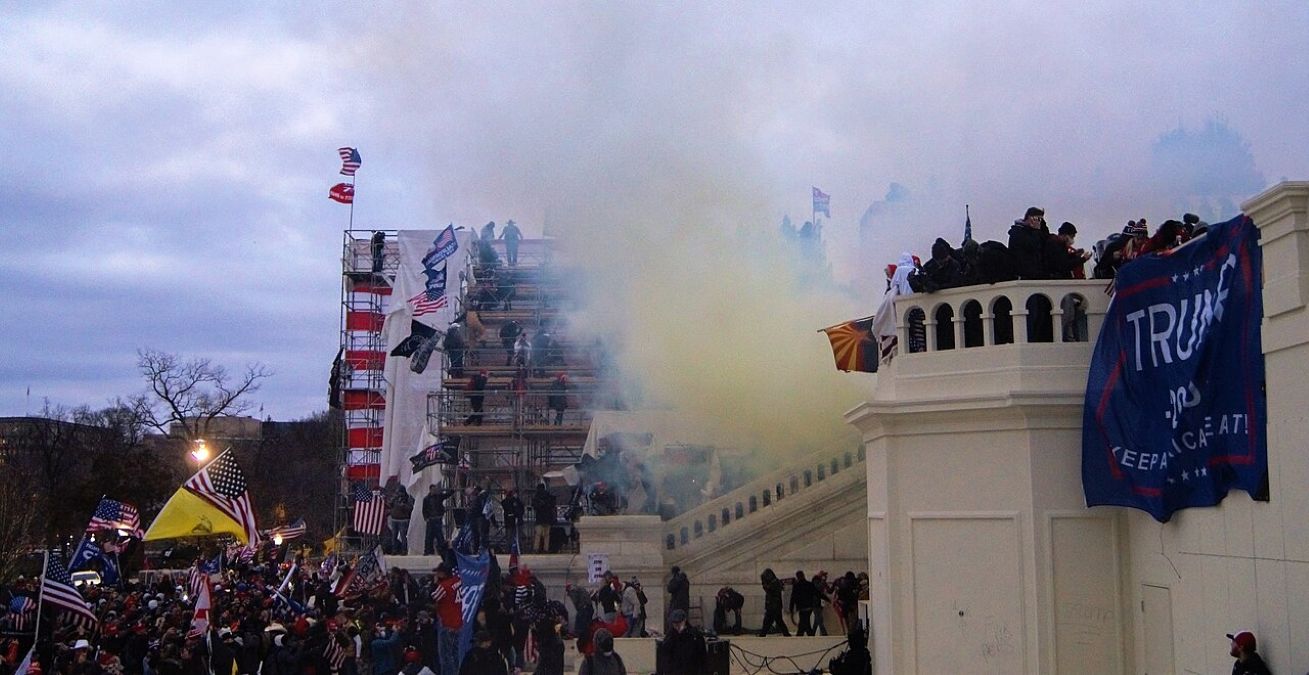Senators Ask Powell If the Fed Had Been Lax in Supervising Failed SVB Bank
Senate Banking Committee members questioned Jerome Powell, the chairman of the Federal Reserve, in a letter about their lax supervision of Silicon Valley Bank( SVB ), which failed earlier this month.
On March 27, five lawmakers questioned whether the federal government had full legal authority to regulate Silicon Valley Bank and many local lenders in a text to Powell that was obtained by Bloomberg.
Senators Bob Menendez ( D – N ) and others from the bipartisan group of lawmakers. J. Mike Rounds( R-S. D. ), Catherine Cortez Masto( D-Nev ), Thom Tillis, and Cynthia Lummis are all mentioned. .).
The Senate commission will hear from the world’s top bank officials on March 28 to discuss how the falls of Silicon Valley Bank and Signature Bank were permitted to occur early in early March.
The Senate Banking Committee heard testimony from Martin Gruenberg, chairman of the Federal Deposit Insurance Corporation( FDIC ), Michael Barr, vice chairman for supervision at the Fed Reserve, and Nellie Liang, undersecretary for domestic finance at Treasury Department.
Powell questioned whether the Fed used all of its resources to avoid Site failure.
The senators wrote,” We write to inquire about the Federal Reserve’s authority to apply enhanced supervision and prudential standards to banks ,” according to 12 U.S. C. 5365( a ) ( 2 ) ( C ).
” In particular, we ask for more details regarding the Fed’s, if any, actions taken to apply these improved standards to Silicon Valley Bank ( SVB ) Financial Group.”
The Fed is given authority by the script to take action in order to” increase the safety and integrity of the banks” and” avoid or mitigate danger to the monetary balance” in the United States.
The letter questioned whether the Fed applied an” enhanced supervision and prudential standard” to Silicon Valley Bank or any bank holding between$ 100 billion and$ 250 billion in deposits using all of its authority under U.S. law.
The lawmakers also questioned whether the Fed had ever used its legal responsibility to” use or consider applying enhanced guidance or regulatory standards to the SVB Financial Group” over the previous five years.
By April 10, the lawmakers asked for a response to the letter to Powell.
Legislators accuse authorities of failing to act.
The lawmakers are adamant about finding out if the central bank has ever used its power to impose stricter oversight requirements on SVB or any other medium banks.
The lawmakers implied that the Fed failed to impose stricter standards on SVB, such as yearly stress tests and higher wealth and cash requirements, as was the case with the largest banks.
However, prior to this month’s loss, SVB had property totaling$ 211.79 billion, which fell short of the legal threshold that designates any organization with total property over$ 250 billion as systemically key. Despite this, the lender still fell well within the prescribed control under the law.
A piece of 2018 reform legislation that urged federal authorities to base their oversight of lending institutions on net assets is a significant problem.
The law was changed to increase the asset threshold for which enhanced prudential standards apply, from$ 50 billion to$ 250 billion. Regulators were also given the discretion to decide once a bank had crossed the$ 100 billion mark, and they were given authority to step up oversight for smaller, riskier banks.
Powell’s response is an important component of figuring out what went right with SVB.
Many Democrats have made an effort to pin the current lender issue on the 2018 congressional changes and former president Donald Trump, but the majority of experts have attributed it to the banks’ supervisors’ apparent failing.
Barr responded to Banking Committee seat Sherrod Brown( D – Ohio ) and accused regulators of having” dropped the game” for failing to see the growing risks prior to SVB’s ultimate saying, saying that” fundamentally, the banks failed because its administration failed to appropriately treat clear interest rate risks and clear liquidity risks.”
According to Barr,” We must improve our understanding of banks in light of evolving technologies and new risks.”
In order to do this, he continued,” We are examining what recent events have taught us about banking, customer behavior, social media, concentrated and novel business models, rapid growth, deposit runs, interest rate risk, and other factors … And for how we think about financial stability.”
" Conservative News Daily does not always share or support the views and opinions expressed here; they are just those of the writer."





Now loading...